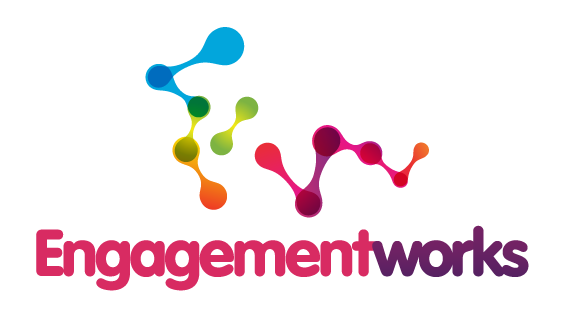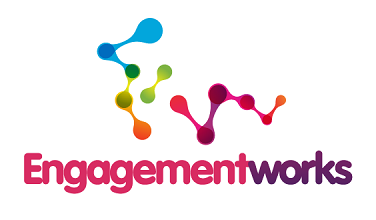This belief has re-emerged as councils in the Wellington region submit their preferred options for reform to the Local Government Commission.
The Porirua City Council is the most recent to call for a binding referendum to provide a final stamp of approval from the region's voters.
A referendum has limited effectiveness. I think that far too much expectation and reliance are placed on referendums and making them binding is a step too far.
Indeed, I believe that using the referendum tool in this context is pointless.
New Zealand's recent history with referendums from issues as diverse as how Fire Service employees should be treated, to physical discipline for children and young people, to local body amalgamation between Nelson and Tasman should have provided sufficient evidence that these are an expensive waste of time.
There are far better alternatives that provide opportunities for communities to engage on an issue and have their say in a meaningful way.
To be binding, a referendum would need to be compulsory for all registered electors, with a significant majority in favour of one of its outcomes, before that referendum could be treated with any real respect.
Turnouts in referendums are often small, in many cases less than 30 per cent of registered electors. Disempowering or ignoring non-participants could be a brave political move, if these were a majority of the voter population and any outcome was to be mandatory.
Then there's the construction of the referendum's question itself. It needs to reduce what could be a complex situation down into a black-versus-white choice.
Such a reduction is dangerous, particularly for voters who may be unfamiliar with the detail of the proposal and how they may be affected by any outcome.
Then there's the issue of the importance of the issue that the referendum may be about. An importance threshold needs to be set at a high level, otherwise electors could be endlessly deluged with referendums about all manner of issues that may have no relevance for them. If that was the case, the already low rates of participation would fall further.
So what are the alternatives?
Good engagement processes should be established with communities long before a single outcome is promoted.
Effective participation should give communities a lot of say in defining opportunities or problems, listing and evaluating options and ranking their priorities. If such a process happens, then any outcome that could be delivered from a referendum would be unnecessary.
The toolbox for community engagement contains lots of options. Choosing the right tool or tools comes down to the level of engagement that is desired, target communities to be reached and the resources available to make something happen, particularly time and money.
Decision-making is something that many New Zealanders expect elected representatives to do for them, but they also expect good engagement processes that involve them before any decision point.
Good community engagement processes should give elected representatives confidence to make decisions that they know will sit comfortably with most people.
Done well, good engagement processes can depoliticise an issue.
Good engagement before a decision is made can greatly reduce the controversy that often happens afterwards, particularly legal challenges. While even the best run engagement process won't please everybody, it will build a strong sense of commitment to and ownership of the outcomes from most of the participants.
On the other hand, New Zealand's recent history tells us that a referendum comes at a considerable cost and usually produces an outcome that is ignored by voters, by elected representatives or both. On that basis, it is a tool best forgotten.

 RSS Feed
RSS Feed
